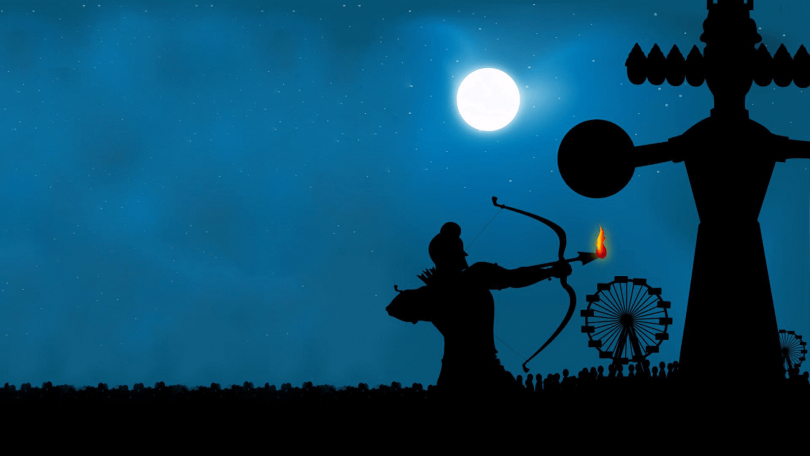
Photo : Be Real You
Festival is, in its most basic sense, a day or period of celebration. To most of us today, festivals mean attending parties, eating good food especially sweets, lots of shopping, taking numerous photos and sending greeting cards to each other. Which is why, in this age of #celebrations, it is important to understand the relevance and the idea behind festivals.
While most festivals are of religious significance, there are quite a few festivals that belong only to a specific ethnic group, a region or sometimes even a country. Some are celebrated by us, because our parents and grandparents did, hence becoming a part of our childhood memories and thus staying with us. Then there are the festivals we celebrate, because our friends do, whether it’s a Hindu getting invited for Christmas celebrations at a friend’s house and helping with the Christmas tree decorations, or a Christian having a plate of mutton biryani and celebrating Eid. Thus, in a way, festivals are a time for crossing the boundaries we have built in our society, of region, religion and even age group.
The festival of Dussehra, celebrated at the end of Navratri every year, is one such festival, that despite being a religious one, is also in way significant to everyone, because of the message it conveys. Dussehra or Vijayadashami as some people call it, in its most basic sense, is the celebration of good over evil. After the nine days of Navratri, during which devotees pray to the three most powerful goddesses, Kali, Lakshmi and Saraswathi, comes Vijayadashami – the day of victory. In a purely mythological or religious sense, this ‘victory’ refers to the victory of Shri Ram (the avatar of Hindu God Vishnu), over the demon king of Lanka, Ravan. That is why, during Dussehra celebrations, effigies of Ravan, Kumbhkarn and Meghnath are burned, every year. Also, Goddess Durga or Kali, is said to have defeated the demon Mahishasur on this day. To mark this, in some parts of India, after Durga Puja, the idols of Goddess Durga is immersed in a river or sea, a practice called visarjan.
Mahishasur, who after years of penance, was blessed by the God Brahama that no man or God will be able to kill him. Mahishasur thought that this meant immortality and infinite power for him. But he was evil, and evil will always be defeated by good. Thus the Goddess Durga came into being, with 10 hands and the powers of all the Gods put together. She could defeat Mahishaur, being a woman, a loophole to the blessing that he had received. Hence, in a way, this festival also is about the power of women, especially since, it comes right after the nine days of Navratri pooja, where the Goddess of shakti, prosperity and knowledge are prayed to. Girls and women are given importance to during these days, and in many households, they are given special gifts and sweets. Their feet are washed and then touched, as a mark of respect as well as to receive their blessings. Thus, Dussehra reminds us of the victory that took place, the demon that was defeated and above all the power of women.
Similarly, there is another the message it conveys. The message of the victory of good over evil. Shri Ram symbolizes Goodness while Ravan signifies Ego and Evil. This victory is thus in the emotional level, or rather in our minds. Of love, peace and righteousness over lust, greed and ego. Dussehra comes every year, to remind us, that good always wins. Even if take years, and there is a long path of troubles and trials, in the end, if we stick to what is right, then we can conquer the anything, 10 heads or not.
As the African Proverb goes, ‘when there is no enemy within, the enemies outside cannot hurt you’. As long as we realize that, and defeat the bad thoughts present in our minds, we will be the best version of ourselves and hence be ‘victorious’.
Each festival we celebrate, have their own meanings and significance. Therefore, the next time one is celebrated, if we take time and effort to understand it’s relevance, we will be able to not only appreciate it more, but we will also become better individuals and a better community.
Author Bio : Sarika Manoj, 14 years old girl from Dubai, U.A.E . The Second Winner of The International Essay Competition , October (School Level,Win a trophy, e-certificate and 10$ gift coupon ).


